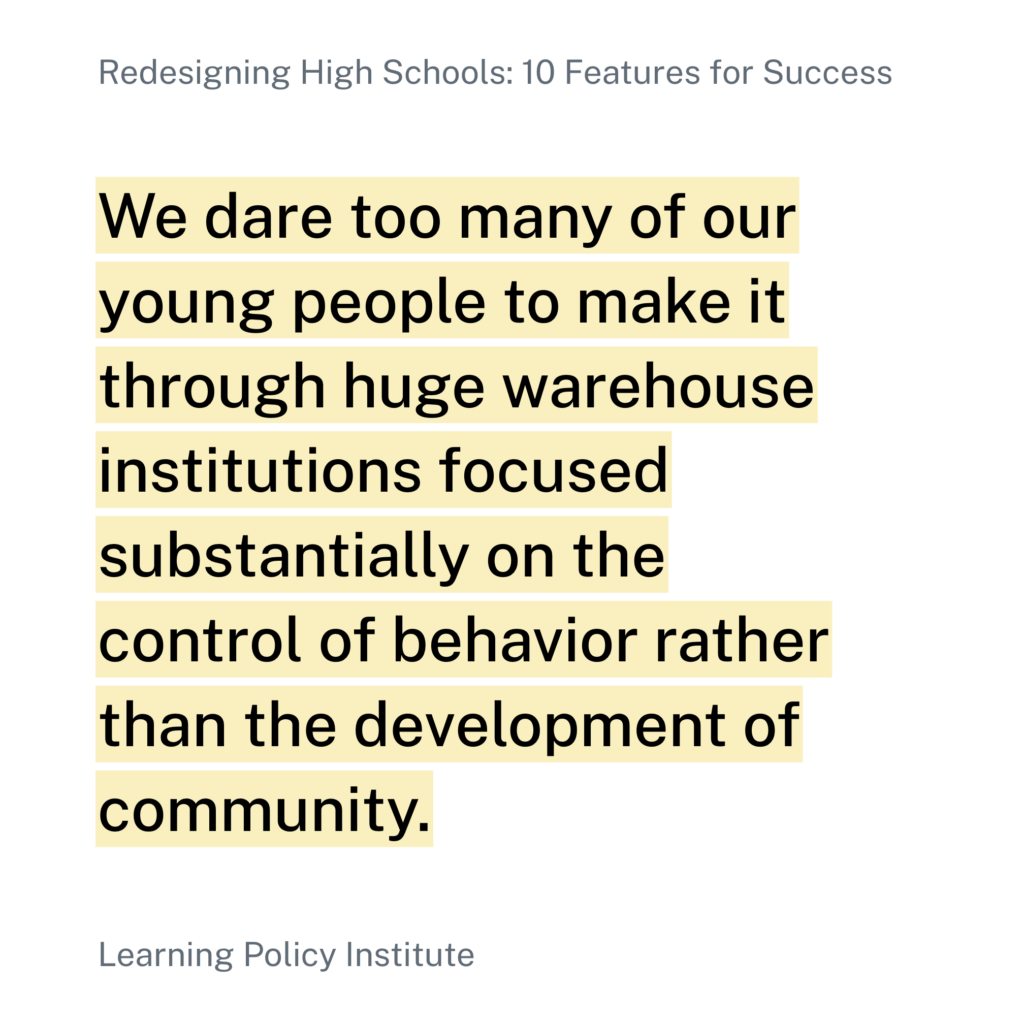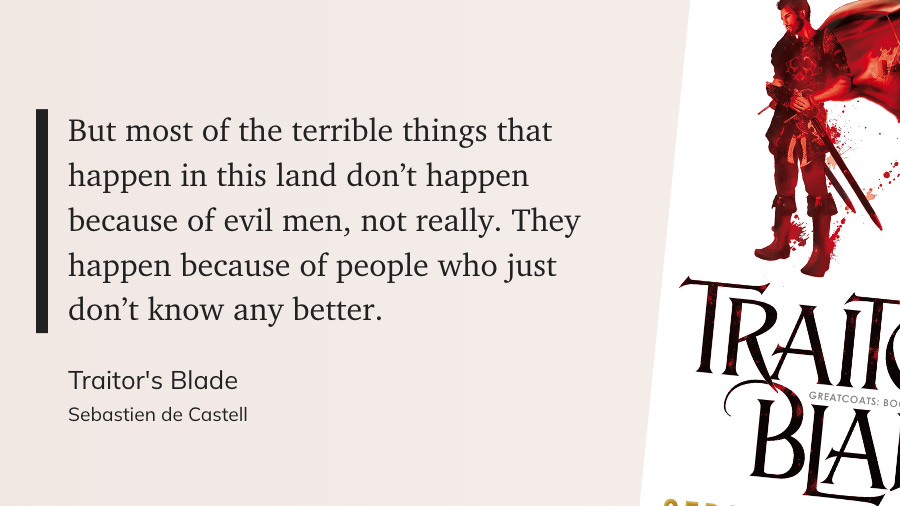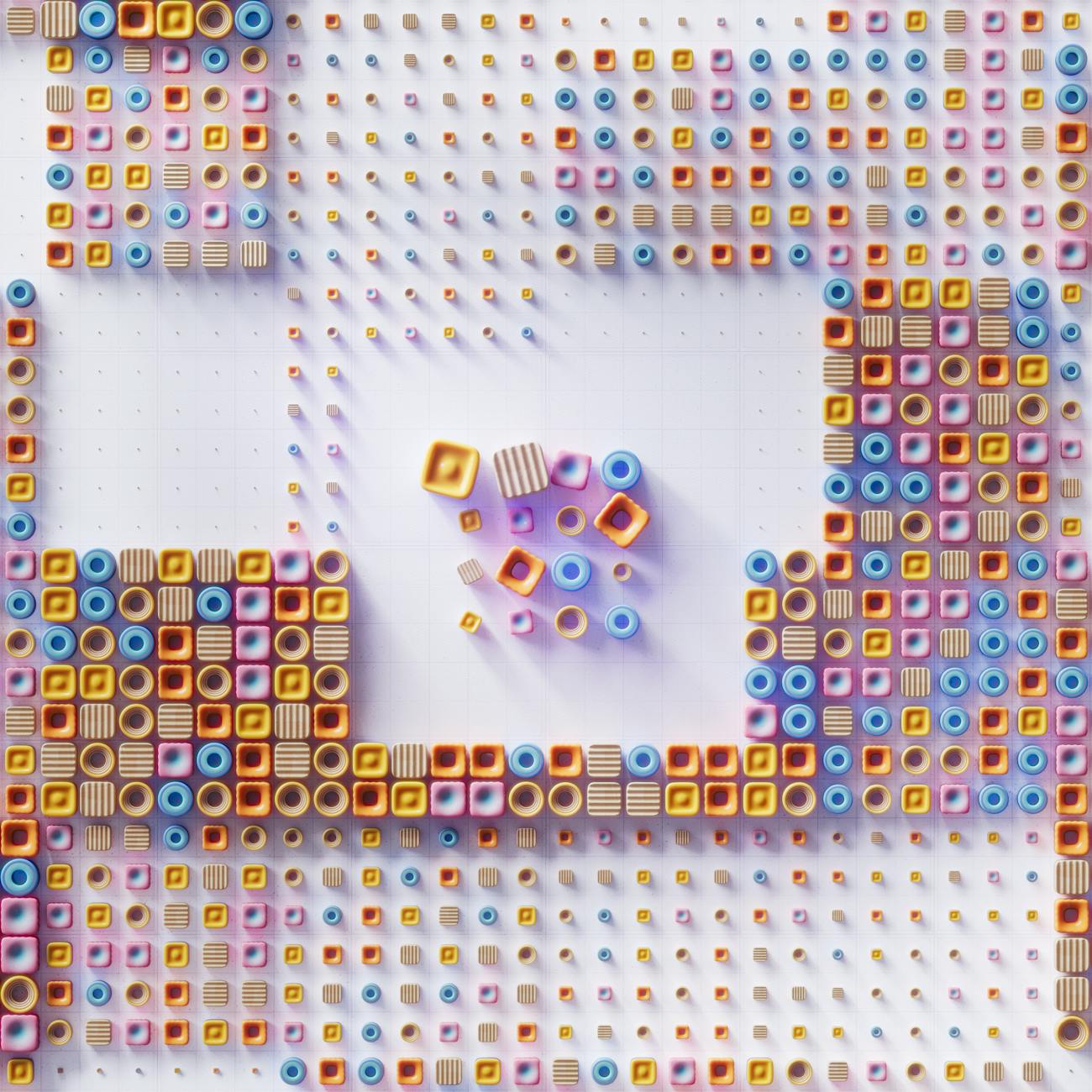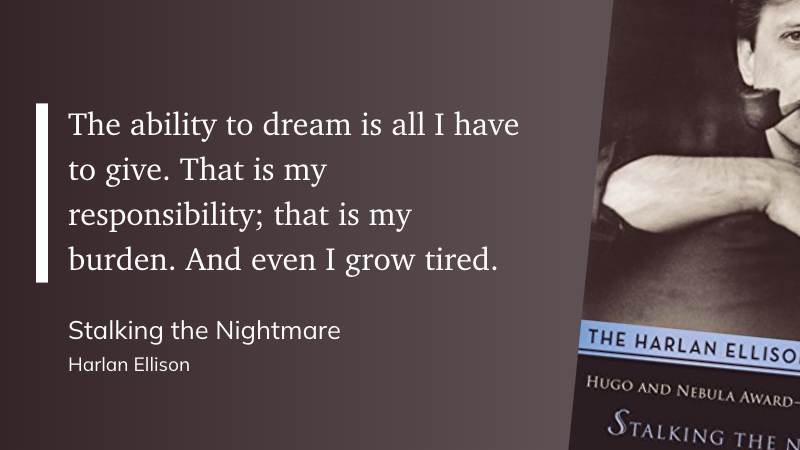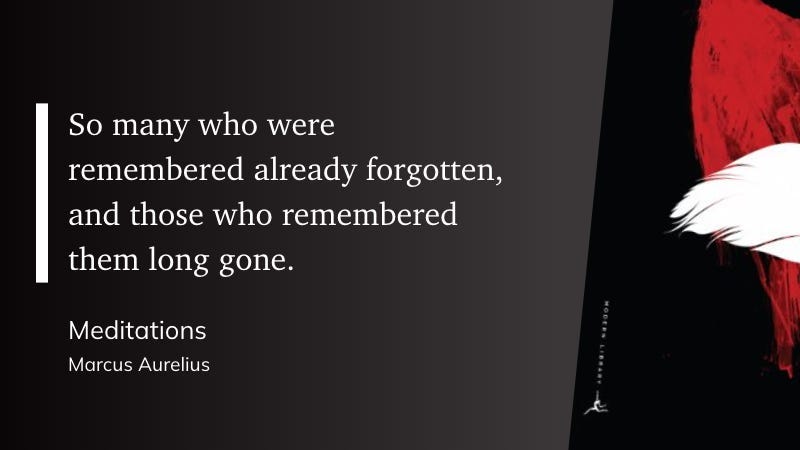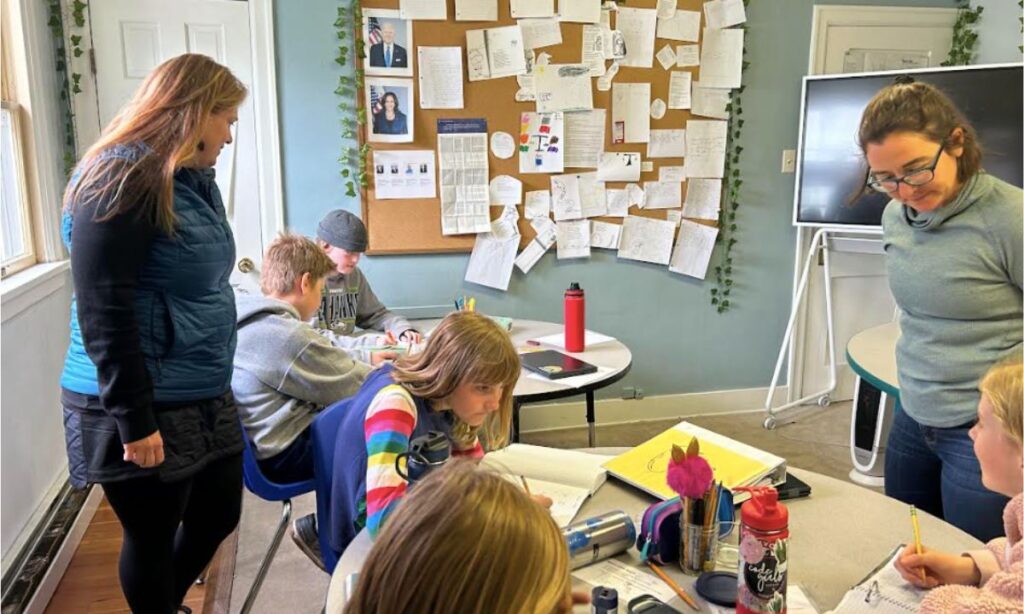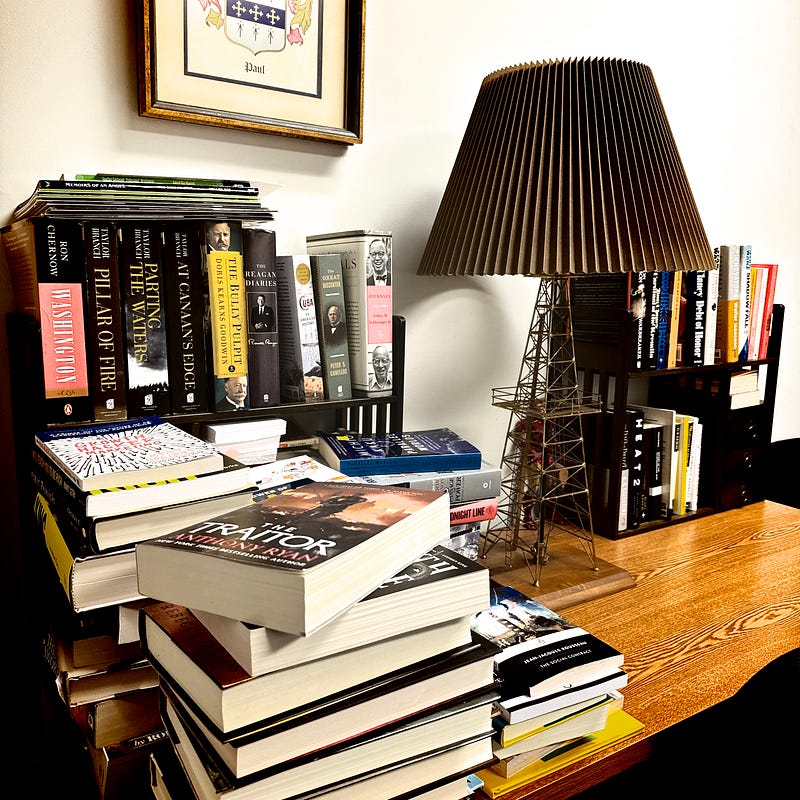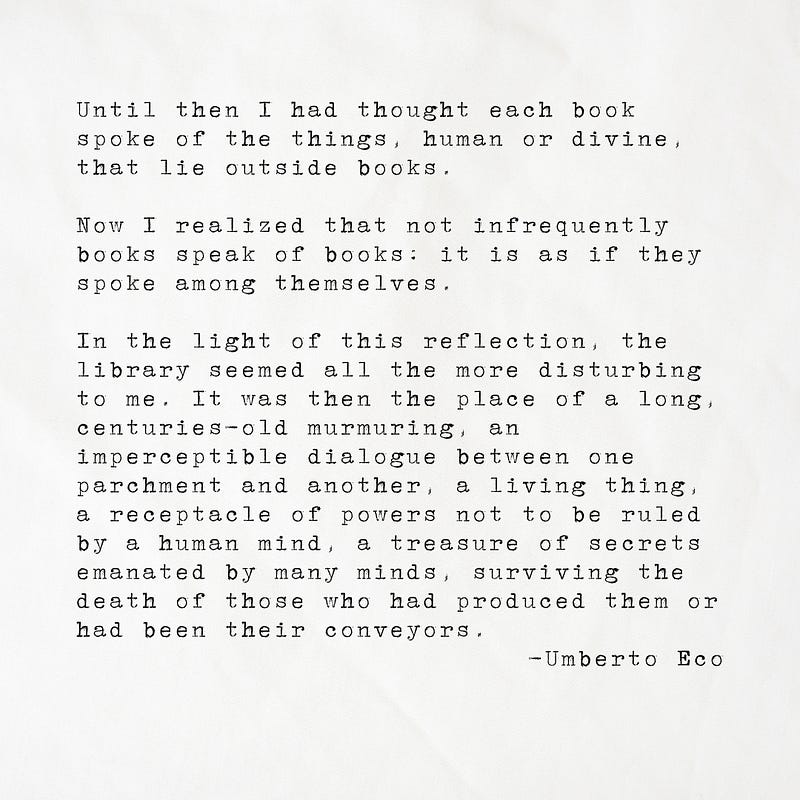Professional learning communities (PLCs) are pivotal in fostering meaningful and sustainable changes in the ever-evolving education landscape. Drawing from extensive research and real-world examples, here are eight strategies that PLCs can implement to improve organizational learning in public schools.
1. Empower Teachers as Leaders and Change Agents
One of the most effective ways to enhance the impact of PLCs is by empowering teachers to take on leadership roles. Teachers are not just implementers of change but also key drivers. By recognizing their agency and providing opportunities for leadership, schools can leverage their educators’ unique insights and expertise. Empowered teachers can lead initiatives that align with the broader goals of school improvement, creating a more dynamic and responsive educational environment.
2. Develop a Shared Vision and Culture
A clear, shared vision is fundamental to driving deeper learning and student success. Establishing a school-wide culture that values continuous learning and promotes collective responsibility for student outcomes is crucial. Schools prioritizing creating and sustaining a positive organizational culture are often more successful in implementing and maintaining changes. This shared vision should be reflected in the school’s daily practices, language, and interactions.
3. Promote Collaborative Inquiry and Reflection
Collaboration and reflective practice are cornerstones of effective PLCs. By fostering a culture of collaborative inquiry, teachers can engage in joint problem-solving and share best practices. Structured collaboration allows teachers to collaborate on curriculum design, student assessment, and instructional strategies, leading to more cohesive and effective teaching practices. Regularly scheduled meetings and collaborative planning sessions are essential for this process.
4. Use Data to Inform Practice
Data-driven decision-making is a powerful tool for improving instructional practices. Within PLCs, teachers should use student performance data to identify areas for improvement, develop targeted interventions, and monitor the effectiveness of these interventions. By grounding changes in evidence, teachers can tailor their strategies to meet the specific needs of their students, ensuring that their efforts are both effective and efficient.
5. Engage in Continuous Professional Development
Ongoing professional development is vital for keeping teachers abreast of the latest educational research and practices. Providing job-embedded professional development opportunities, such as workshops, coaching, and peer observations, can help teachers refine their pedagogical approaches. Professional development should be context-specific and aligned with the school’s goals and vision, ensuring it is relevant and practical for teachers.
6. Leverage Technology to Enhance Learning
Technology, when used purposefully, can significantly enhance teaching and learning. Incorporating digital tools and resources can facilitate student collaboration, communication, and critical thinking. Teachers should be supported in integrating technology to enrich the learning experience rather than merely automating traditional practices. This approach can help students develop essential 21st-century skills and engage more deeply with the curriculum.
7. Build Strong Community Partnerships
Developing partnerships with local businesses, organizations, and experts can extend learning beyond the classroom and provide students with real-world experiences. These partnerships offer additional resources and expertise, making education more relevant and meaningful for students. Engaging the community in the learning process can also create a supportive network that enhances the overall educational experience.
8. Cultivate Trust and Professionalism
A culture of trust and professionalism is essential for fostering innovation and continuous improvement. When teachers feel supported and valued, they are more likely to take risks, experiment with new approaches, and learn from their successes and failures. Building a trusting and professional environment involves creating conditions where teachers can collaborate openly, share ideas, and work together towards common goals.
Implementing these eight strategies can significantly enhance organizational learning within public schools. By empowering teachers, fostering collaboration, using data effectively, engaging in continuous professional development, leveraging technology, building community partnerships, and cultivating a culture of trust, PLCs can drive positive and meaningful changes that lead to improved student outcomes and a more dynamic learning environment.
Martinez, M. R., McGrath, D. R., & Foster, E. (2016). How deeper learning can create a new vision for teaching. The National Commission on Teaching & America’s Future. Retrieved from NCTAF.
Seashore, K. R. (2009). Leadership and change in schools: Personal reflections over the last 30 years. Journal of Educational Change, 10(2-3), 129-140. doi:10.1007/s10833-009-9111-4.
The Eclectic Educator is a free resource for everyone passionate about education and creativity. If you enjoy the content and want to support the newsletter, consider becoming a paid subscriber. Your support helps keep the insights and inspiration coming!
